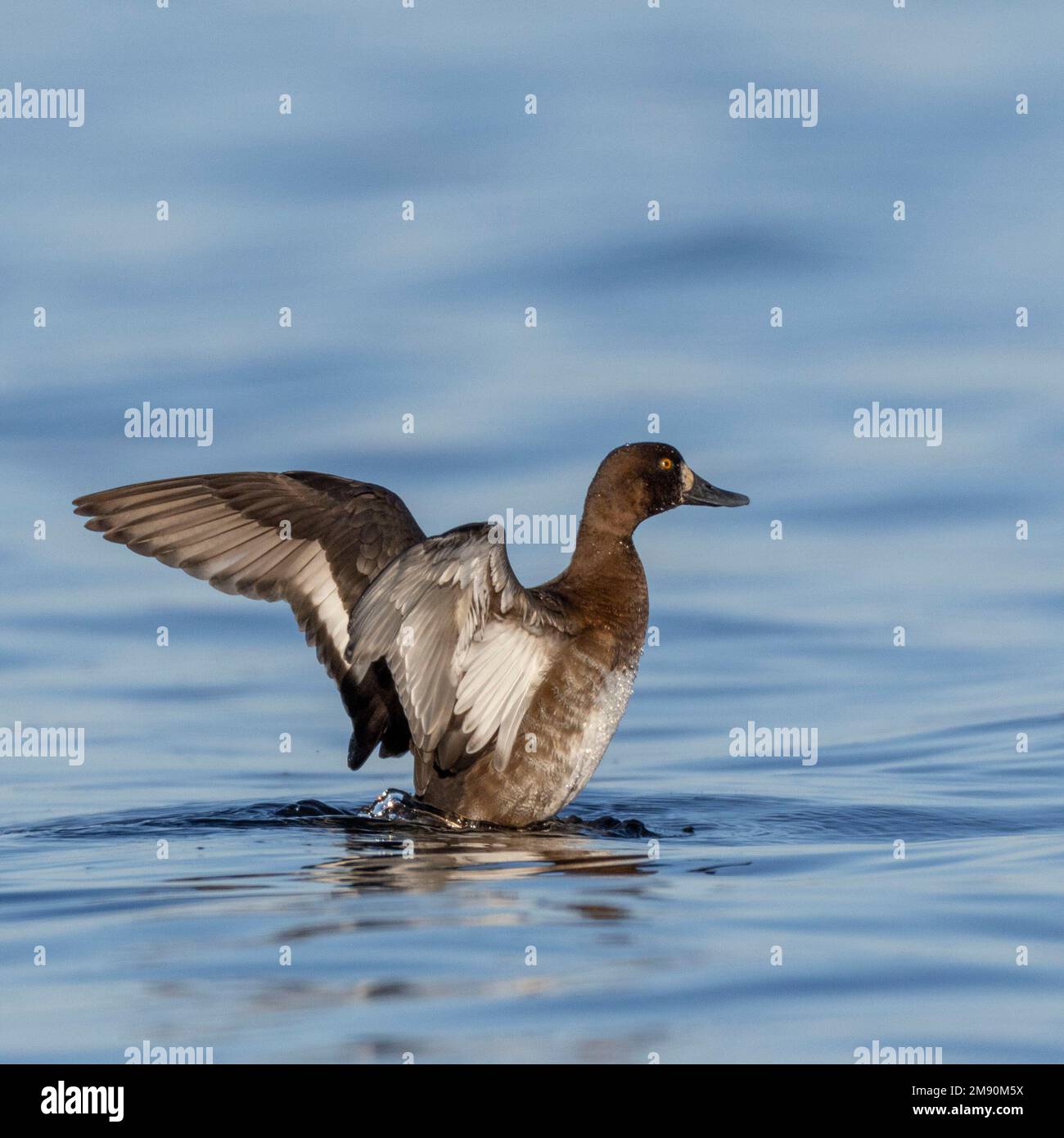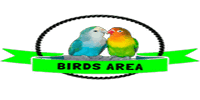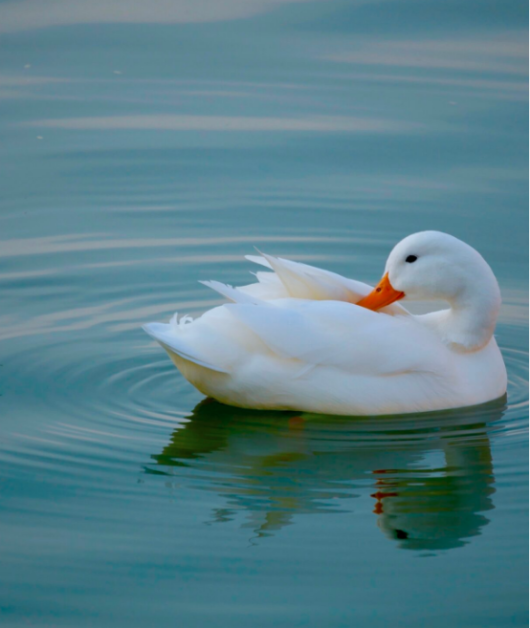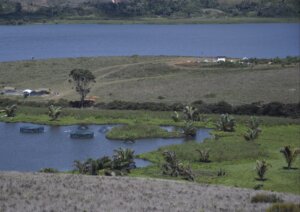Can Madagascar Pochards Eat Grapes?: Unveiling the Truth
Yes, Madagascar Pochards can eat grapes, but it’s not their main diet. These rare ducks primarily feed on aquatic insects and plants in their natural habitat.
Madagascar Pochards are among the rarest ducks on Earth, found only in Madagascar. Their diet consists mostly of small aquatic creatures and vegetation. However, like many birds, they can eat fruits, including grapes, on occasion. Grapes are not harmful to them, but they should not be a staple of their diet.
Feeding them grapes can provide a treat or supplement, but it’s crucial to ensure they get their primary nutrients from their natural food sources. Understanding their dietary needs helps in their conservation and care, ensuring these endangered birds thrive in their environment.
Madagascar Pochard’s Diet
Understanding the Madagascar Pochard’s diet is essential for their conservation. These rare ducks have specific dietary needs that must be met in their natural habitat. This section explores what they eat and how they find their food.
Natural Foods
Madagascar Pochards eat various natural foods. Their diet includes aquatic insects, small fish, and plant material. They also consume seeds and algae found in their freshwater habitats. These foods provide essential nutrients for their survival.
Feeding Habits
Madagascar Pochards have unique feeding habits. They often dive underwater to find food. While diving, they use their bills to sift through mud and water. This helps them catch insects and small fish. They also forage along the water’s edge for seeds and plants.
Can Madagascar Pochards eat grapes? Grapes are not part of their natural diet. They may not provide the necessary nutrients. It’s best to stick to their natural foods.

Credit: issuu.com
Nutritional Needs
Madagascar Pochards, a rare diving duck, have specific nutritional needs. Understanding these needs is crucial for their health and survival. Can these ducks eat grapes? Let’s explore their dietary requirements.
Essential Nutrients
Madagascar Pochards require a balanced diet. Their diet should include proteins, fats, and carbohydrates. They also need vitamins and minerals. These nutrients help them grow strong and stay healthy.
- Proteins: Fish, insects, and small crustaceans.
- Fats: Seeds and nuts.
- Carbohydrates: Aquatic plants and algae.
- Vitamins: Vitamin A, D, and E are vital.
- Minerals: Calcium and phosphorus.
Health Implications
Feeding Madagascar Pochards the wrong food can harm them. Grapes are not toxic to these ducks. But, grapes do not provide the essential nutrients they need. A diet lacking in proteins and fats can lead to poor health. Weak bones and low energy are common issues.
To keep Madagascar Pochards healthy, stick to their natural diet. Provide them with fish, insects, and aquatic plants. This ensures they get all the nutrients they need.
Grapes As A Food Source
Madagascar Pochards can eat grapes, but they should be given sparingly. Grapes provide vitamins but also contain sugar.
Grapes are a popular fruit among humans. But can Madagascar Pochards eat grapes? Understanding the nutritional value and suitability of grapes for birds is essential. This can help determine if they are a safe food source.Nutritional Value
Grapes contain vitamins and minerals. They are rich in Vitamin C and K. These vitamins support immune function and blood health. Grapes also have antioxidants. Antioxidants help fight free radicals in the body. They are low in fat and calories. This makes them a healthy snack for many animals.Suitability For Birds
Birds have different dietary needs than humans. Madagascar Pochards need a diet high in protein. Grapes are low in protein. They might not provide enough nutrients for these birds. Grapes also have a high sugar content. Excess sugar can be harmful to birds. It can lead to obesity and other health issues. Birds may enjoy grapes as an occasional treat. But they should not be a main food source. It is important to provide a balanced diet for Madagascar Pochards. This ensures they stay healthy and thrive. “`
Credit: www.facebook.com
Impact On Madagascar Pochards
The impact of grapes on Madagascar Pochards is a subject of interest. These rare ducks have a specific diet in the wild. Introducing new foods, like grapes, can affect them in different ways. It is essential to understand these impacts to ensure their well-being.
Behavioral Changes
Grapes might cause changes in the ducks’ behavior. They may become more active or lethargic. Changes in feeding patterns could also occur. These changes can affect their overall routine. Observing these behaviors helps in understanding the impact.
Health Effects
Health is a significant concern for Madagascar Pochards. Grapes contain sugars and other nutrients. Too much sugar can lead to health issues. It may cause digestive problems or other ailments. Monitoring their health after eating grapes is crucial.

Credit: www.alamy.com
Frequently Asked Questions
Can Madagascar Pochards Digest Grapes?
Madagascar Pochards can eat grapes, but only in moderation. Grapes should be given occasionally as treats.
Are Grapes Safe For Madagascar Pochards?
Yes, grapes are generally safe for Madagascar Pochards. However, they should be given in small amounts.
What Fruits Can Madagascar Pochards Eat?
Madagascar Pochards can eat various fruits. These include grapes, berries, apples, and pears. Always offer in moderation.
How Often Can Madagascar Pochards Eat Grapes?
Grapes should be given sparingly to Madagascar Pochards. Once or twice a week is sufficient.
Conclusion
Madagascar Pochards can eat grapes, but it’s not their main food. They prefer aquatic plants and insects. Grapes should be given in moderation. Always ensure they eat a balanced diet. Care for their natural feeding habits. This helps keep them healthy and happy.
Remember, a varied diet is key. Providing the right food supports their well-being. Feeding them the wrong foods can harm them. Keep their diet natural and diverse for best results. By doing so, you contribute to their conservation.
Hello Dear, I'm Poli Kolymnia, owner of many birds (including budgies).
With a deep passion for these feathered companions, I'm here to share my expertise and extensive knowledge on birds care.
My articles cover essential topics like diet, housing, care, and health, providing practical tips to help you create a happy and thriving environment for your birds.



